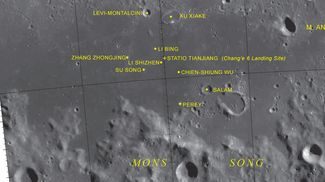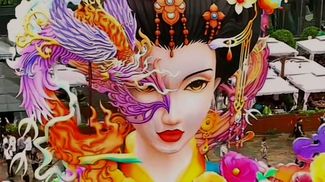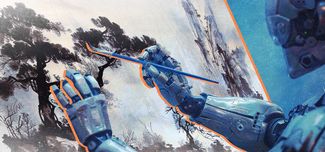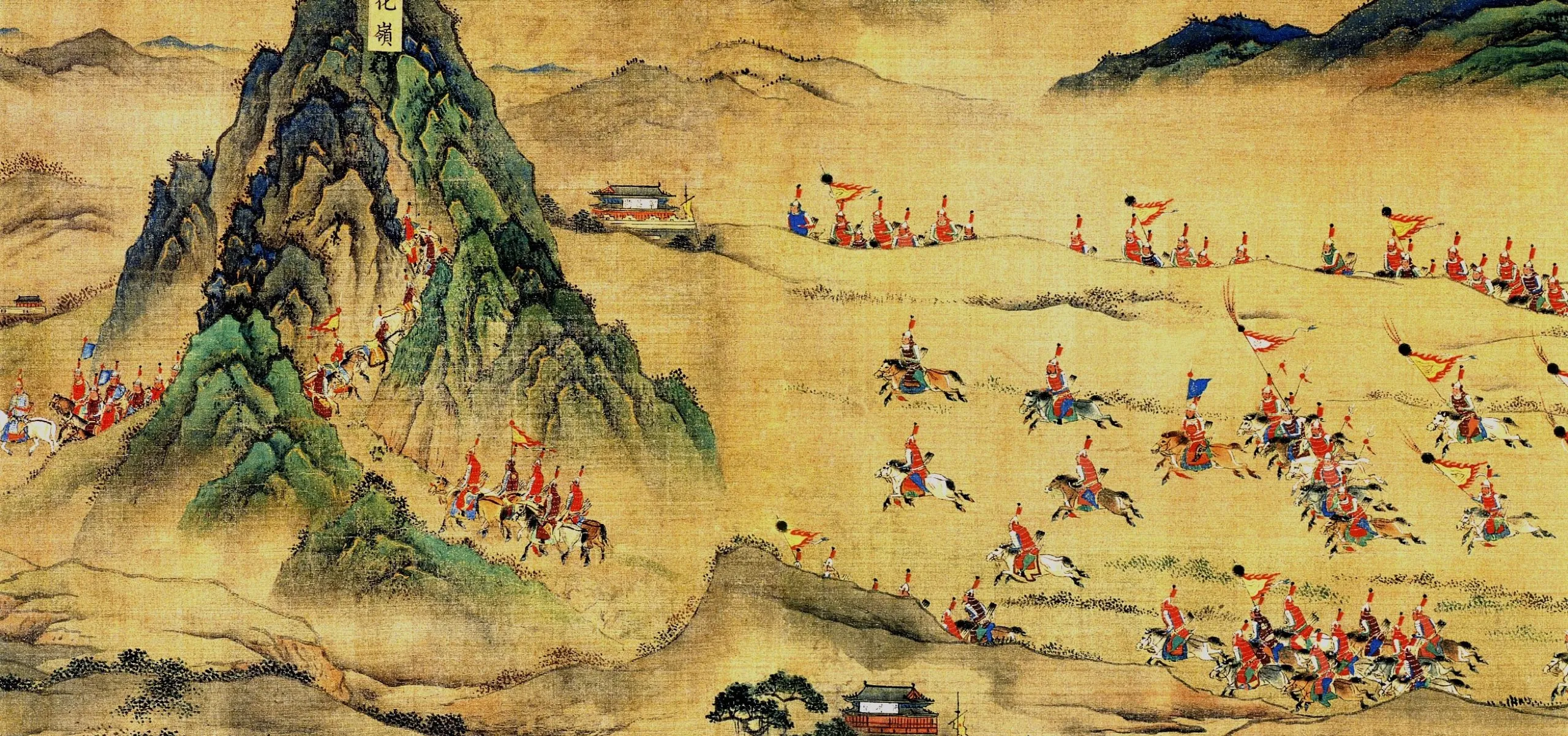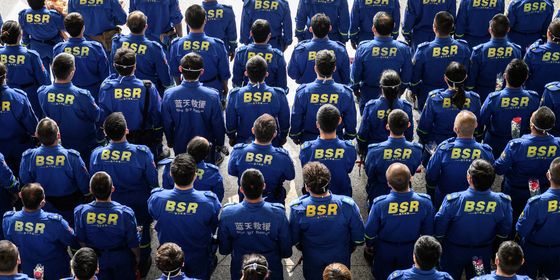Four ancient Chinese poets on human suffering amid turbulence and war
Although enjoying many eras of peace and prosperity, ancient Chinese history is filled with unstable periods and warfare: with local warlords contending for power, dynasties replacing one another, military campaigns expanding territory or defending against invasion, and various internal rebellions. Whether or not these conflicts were justified, common people were always the ones who suffered the most, with their homelands destroyed and family members separated, drafted, or killed. Therefore, anti-war sentiment runs deep in ancient Chinese poetry, often depicting the suffering of ordinary people in wartime while making veiled critiques of those in power.
Cao Cao (曹操), a renowned politician and military strategist, was also an accomplished poet. Many of his poems focused on the social realities of the late Eastern Han dynasty (25 – 220), a period plagued by violent rebellions against the corrupt court and warlords dividing the country. Though a warlord himself, Cao wrote poems about the suffering of the ordinary people as a way to justify his ambition to put an end to the turbulent era. In an excerpt of his poem “Graveyard Song (《蒿里行》), ” Cao described the aftermath of decades of war:

